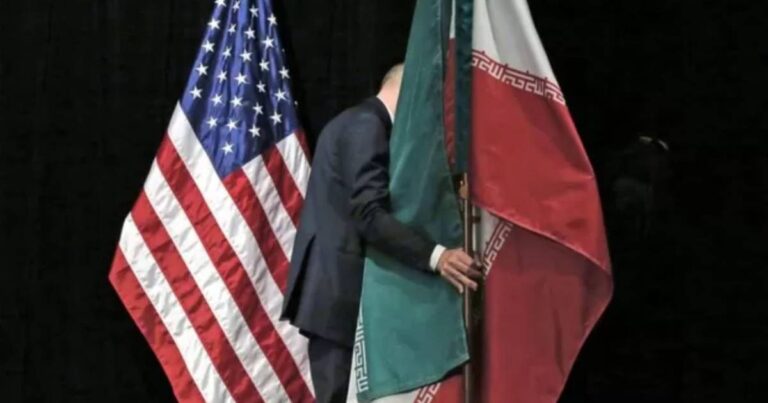
Similar Posts
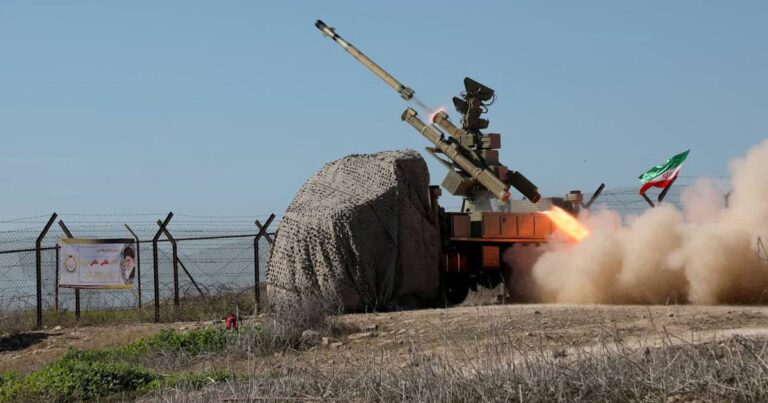
Iran’s Missile Stockpile Overflows: IRGC Chief Reveals Storage Crisis
Iran’s military capabilities are under scrutiny, particularly following statements from Revolutionary Guards commander Hossein Salami, asserting that the nation has more missiles than it can store. Salami emphasized Iran’s self-reliance and independence from external support, notably from Syria, despite recent challenges following the fall of Bashar al-Assad. He announced plans to unveil new underground missile and drone facilities as symbols of military strength. While Iran conducts military drills and seeks to enhance its defenses, it faces challenges due to financial constraints and diminished regional influence. The complexities of Iran’s military strategy highlight vulnerabilities amidst escalating tensions with Israel.
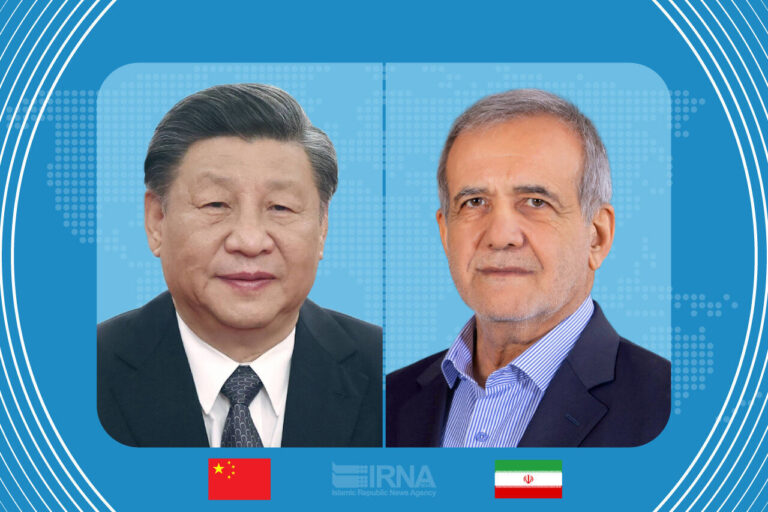
Chinese President Expresses Sympathy to Iran Following Tragic Port Explosion
A tragic explosion at Shaheed Rajaee Port in southern Iran has resulted in significant loss of life and injuries, with at least 70 confirmed dead and over 1,000 injured. The cause of the explosion is under investigation, and six individuals remain unaccounted for. In response, international leaders, including Chinese President Xi Jinping, have expressed their condolences. Xi conveyed his shock and sympathy to Iranian President Masoud Pezeshkian, while Iraq’s Prime Minister Mohammed Shia’ Al Sudani also offered his condolences and prayers for the victims. China’s Foreign Ministry emphasized solidarity with Iran during this difficult time.
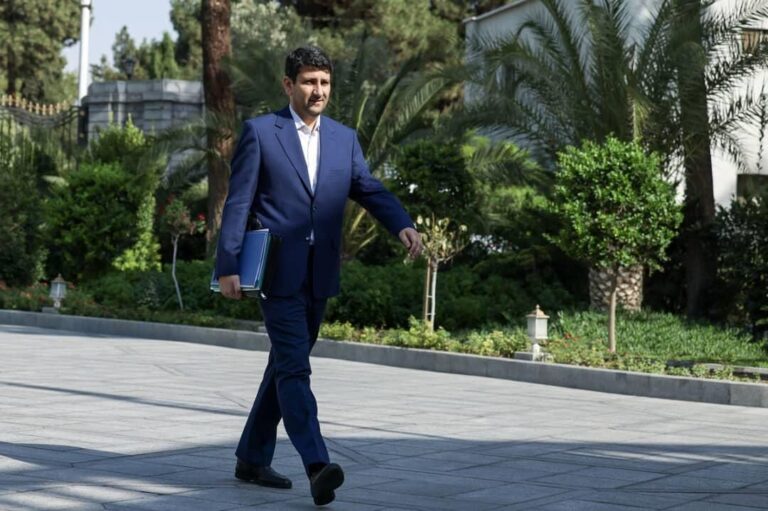
ICT Minister Embarks on Key Diplomatic Mission to Serbia
Iran’s Minister of Information and Communication Technology, Seyed Sattar Hashemi, is visiting Belgrade, Serbia, the first trip by a senior Iranian ICT official to Europe in a decade. Invited by Serbia’s Minister Dejan Ristic, Hashemi aims to strengthen bilateral cooperation in new communication technologies and artificial intelligence. Key meetings will focus on signing a joint cooperation agreement that includes developing AI projects, enhancing cloud infrastructure, and exchanging technical expertise. The visit will also explore Serbia’s advancements as a technological hub in the Balkans, signaling a commitment to improving Iranian-European ICT relations and attracting foreign investment.
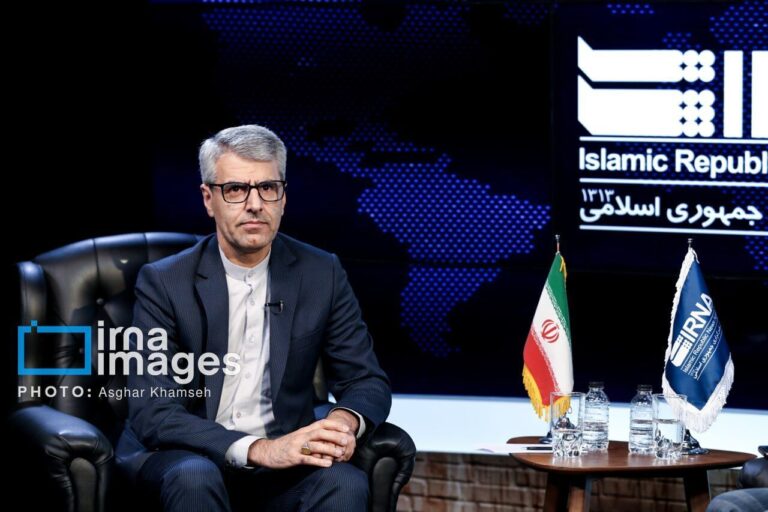
Expert Insights: Why Caution is Crucial in U.S. Negotiations, According to Spokesperson
Iran’s negotiations with the U.S. are characterized by historical caution, as highlighted by Foreign Ministry spokesperson Esmaeil Baqaei. He expressed concerns over the U.S.’s past non-compliance, prompting Iran to adopt a vigilant stance. Baqaei acknowledged the typical fluctuations in negotiations but noted that decades of distrust complicate the dialogue. The Omani Foreign Ministry is facilitating the fifth round of talks, with details on timing and location forthcoming. Iran remains committed to pursuing diplomatic solutions, grounded in international law and the collective will of its people, while carefully calibrating its actions in response to U.S. moves.
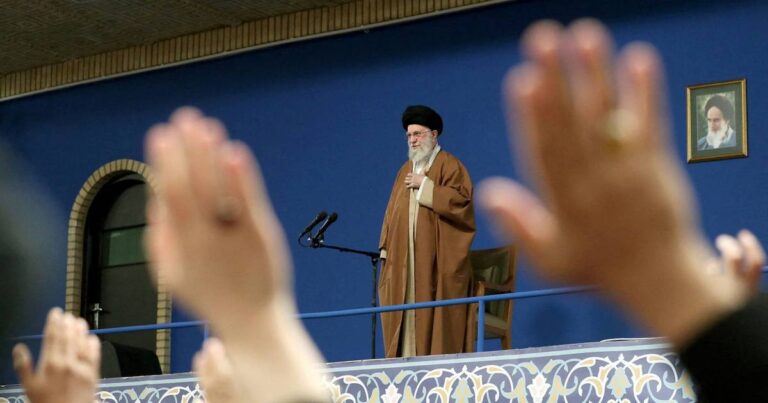
Khamenei Draws on Sacred History to Endorse ‘Temporary’ US Agreement
Iran’s Supreme Leader, Ali Khamenei, has indicated a potential openness to nuclear negotiations by drawing historical parallels with the second Shia Imam, Hasan ibn Ali. During a recent gathering, Khamenei emphasized strategic patience, referencing Imam Hasan’s controversial peace treaty with rival Mu’awiya as a tactical move to protect long-term interests. This marks a shift from Khamenei’s earlier dismissal of U.S. engagement, suggesting a more pragmatic approach while acknowledging internal dissent among hardliners. His remarks highlight the delicate balance he must maintain within Iran’s political landscape as nuclear discussions progress amid external pressures and historical context.
